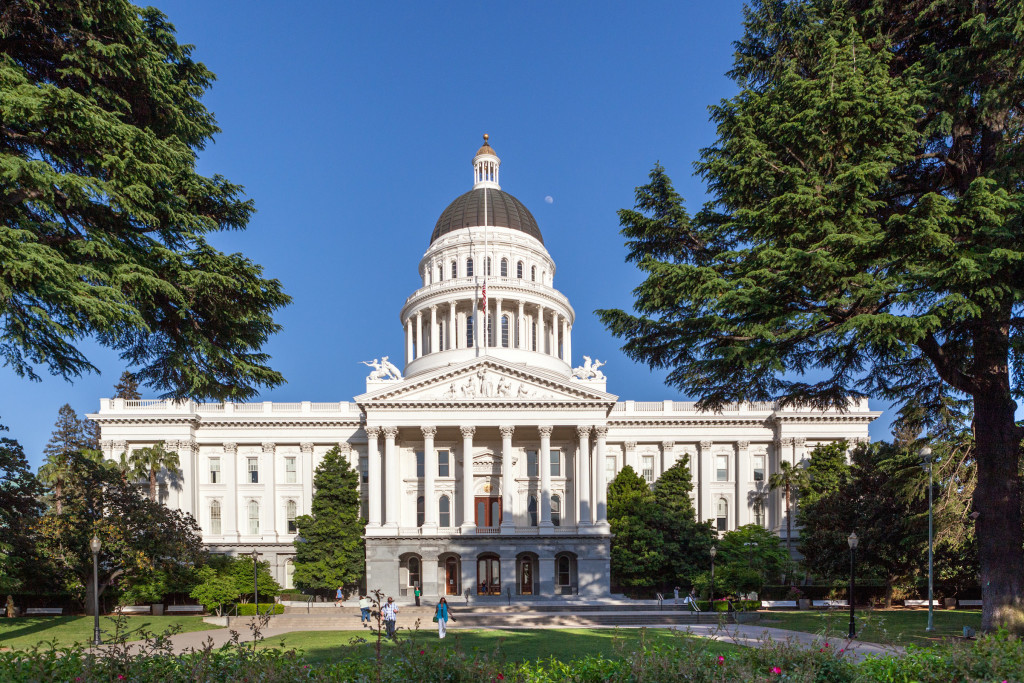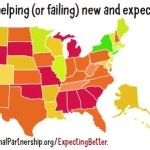Could where you live in the U.S. determine your leave?
The U.S. is one of only a handful of countries, and the only developed nation, that does not mandate any paid leave following the birth or adoption of a child or to care for a sick relative. However, some states are looking at enacting their own state laws to ensure workers families have the time off they need to care for their families.
In California, Rhode Island and New Jersey paid leave has gone into effect in some form for workers needing to take leave to care for their families. In both California and New Jersey eligible workers can take up to six weeks off with a percentage of their pay to care for a new child or a family member with a serious health condition and workers in Rhode Island are eligible for four weeks. All three states pay for the leave through payroll taxes paid by employees. In these states the paid leave benefit is capped at a certain dollar amount and only workers covered under the state unemployment insurance law, with some exceptions, are eligible. However, this is still better than the leave offered to their neighbors in the other 47 states with no paid leave laws at all.
New York and Washington D.C. have both recently made headlines for considering their own paid leave legislation. The Universal Paid Leave Act, if passed, would offer eligible D.C. area workers an unprecedented 16 weeks of paid leave and paid for by new taxes. In a recent press release, the D.C. Paid Family Leave group reported “The cost to provide paid up to 16 weeks of paid family medical leave to DC residents and workers will be less than 1 percent of payrolls.”
In 2015 the mayor of New York City moved to give 20,000 non-unionized public employees six weeks of fully paid parental leave starting in 2016. However, the state has yet to successfully pass any wider paid leave legislation despite multiple attempts over the past decade and an ongoing campaign for the Paid Family Leave Insurance Act.
Paid leave legislation has been making its way unsuccessfully through state governments for years. If the trend moves in favor of paid leave, this could be very good news for those who live in states that act. But it could also mean another divide for working families between those who live in family-friendly states and those who do not.
List Your Leave believes everyone should have access to paid leave – regardless of where you live. When you list your leave you are telling companies, organizations and even legislatures that you care about leave. Maybe if enough of us do, they will too.








Ebony
November 17, 2016 09:07:14 am ReplyWoot, I will ceriatnly put this to good use!